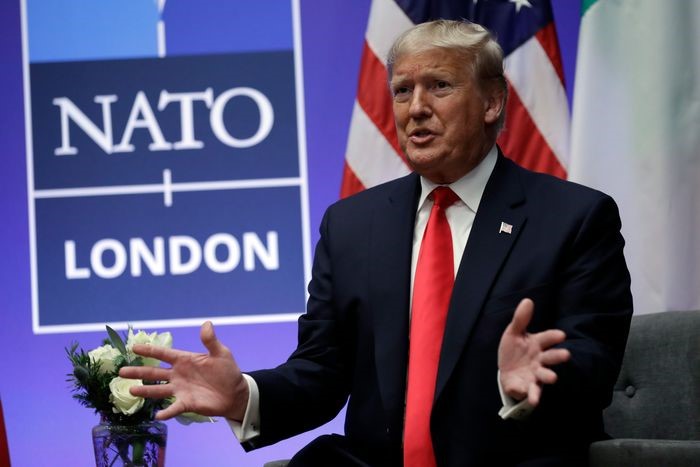The risk of the United States withdrawing from NATO increases if Donald Trump is reelected in November, according to diplomats from NATO member states, as reported by The Telegraph. European NATO nations are advised to formulate a strategy to address potential consequences and reassess the alliance’s defense capabilities. This prospect of U.S. withdrawal is viewed as a source of concern by European diplomats, who express uncertainty about Trump’s future actions.
The former president secured the Republican nomination after winning 14 out of 15 states on Super Tuesday, obtaining 995 Republican convention delegates’ votes. Nikki Haley, his sole opponent, withdrew from the GOP nomination race. The upcoming electoral face-off is expected to be between the former president and President Joe Biden, who also emerged victorious in the Democratic primaries.
Join us on Telegram: https://t.me/tfiglobal
Concerns have been raised by former senior US officials about a potential withdrawal from NATO under a Trump administration. In December 2023, former Defense Secretary Mark Esper predicted that Trump might initiate the withdrawal of US forces from NATO countries, risking the alliance’s collapse. Similar sentiments were echoed by Trump’s former national security adviser, John Bolton, in mid-February.
European diplomats emphasize the need for contingency planning in case of a US withdrawal or weakened commitment to NATO. A European official stressed the bloc’s overdependence on the US, urging discussions on hedging against such risks. Another source suggested reviewing the adequacy of defense planning among European nations. In the UK, concerns were raised by Lord Kim Darroch, a former British ambassador to the US, prompting calls for contingency thinking about a NATO without the United States.
Read More: Trump’s Rule Sparks German Fears of NATO Collapse!
Trump has not recently commented on leaving. In February, he stated that NATO members not meeting the 2% spending threshold may not receive his protection in the event of an attack, including by Russia. At a South Carolina campaign rally on February 10, he recounted a conversation with the president of a European country, suggesting that insufficient defense spending could lead him to encourage Russia to act freely against that nation in case of an attack.
It is important to note that Moscow has consistently denied any intentions of attacking a NATO member, emphasizing that initiating a global war would defy common sense. Trump’s statements, while not explicitly indicating a withdrawal from NATO, highlight his stance on member contributions and his willingness to reconsider protection based on defense spending levels. This adds a layer of uncertainty to the alliance’s dynamics, prompting a need for continued observation of US-NATO relations.
